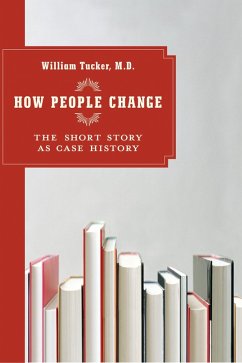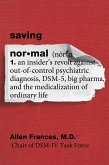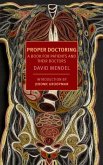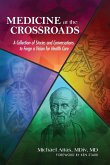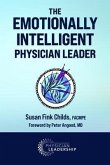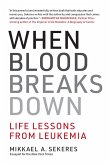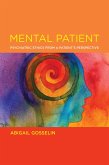A manual to show practicing physicians and medical students how to make use of short stories to help their patients adapt to their illnesses and participate in their treatment. For most people, the quickest route to wisdom, other than experience, is through stories. Stories speak across generational lines and cultures, emphasize the universality of human experience, and offer insight into the dynamics involved in unfamiliar situations. Freud and D.W. Winnicott were among the few psychiatrists able to write case histories emblematic of the vicissitudes of the human condition. As a rule, the technical and dry approach of the psychiatric literature is not fit to teach doctors how to connect to their patients' suffering because it privileges pathological categories over experience. Tucker, therefore, turns to the drama and conflicts of fictional characters, to restore the human dimension of medicine and to entice practitioners to grasp the emotional and intellectual layers of the particular situations in which their patients are entrapped. The sixteen stories selected here are analyzed to show how they illustrate the process of change, as defined by Erik Erikson's description of the "life cycle." Some of these stories include "Gooseberries" by Anton Chekhov, "The Dead" by James Joyce, and "Her First Ball" by Katherine Mansfield. Physicians and medical students can turn to these narratives as examples of how others have dealt with challenges and debilitating conditions, and encourage their patients to follow similar paths to bring about change in their lives.
Dieser Download kann aus rechtlichen Gründen nur mit Rechnungsadresse in A, B, BG, CY, CZ, D, DK, EW, E, FIN, F, GR, HR, H, IRL, I, LT, L, LR, M, NL, PL, P, R, S, SLO, SK ausgeliefert werden.

